Ever wondered how to nominate someone for an honour from the Queen?
And what’s the difference between an OBE, CBE and a BEM?
Anyone can nominate someone they think deserves inclusion in Her Majesty’s birthday or New Year’s honours list.
Here we explain how to do that and the different types of award that may be granted.
How to nominate someone for an honour
Honours recognise and celebrate outstanding achievements and can be given to people who have made change or whose work has brought distinction to British life or enhanced the UK’s reputation in their field.
You can make a nomination online or by sending a nomination form to the Honours and Appointments Secretariat at the Cabinet Office.
Nominators must write a detailed description of why their nominee deserves an award and what difference their contribution has made. Tips on writing a nomination are available on the government website.
Two supporting letters are also needed from people who know the nominee personally.
An awards committee will then decide whether to endorse the recommendation and, if successful, it will determine which award is given. Its recommendations go to the Prime Minister then the Queen.
Nominees will be checked to ensure they’re suitable for an honour, possibly including checks by HM Revenue and Customs (HMRC).
What are people honoured for?
Achievements awards can be made for include:
- making a difference to their community or field of work
- enhancing Britain’s reputation
- long-term voluntary service
- innovation and entrepreneurship
- changing things, with an emphasis on achievement
- improving life for people less able to help themselves
- displaying moral courage
They can be given to those in the fields including community, voluntary and local services, arts and media, health, sport, education, science and technology, business and the economy and civil or political service.
Types of award
Companion of Honour – for major contribution to the arts, science, medicine, or government over a long period of time.
Knight or Dame – for major contribution, usually at national level, seen as inspirational and significant, requiring commitment over a long period of time.
Commander of the Order of the British Empire (CBE) – for a prominent but lesser role at national level, or leading role at regional level. Also for distinguished, innovative contribution to any area.
Officer of the Order of the British Empire (OBE) – for having a major local role in any activity, including people whose work has made them known nationally in their chosen area.
Member of the Order of the British Empire (MBE) – for an outstanding achievement or service to the community, with long-term, significant impact and standing out as an example to others.
British Empire Medal (BEM) – for hands-on service to the local community, such as long-term charitable or voluntary activity, or innovative work that has made a significant difference.
Royal Victorian Order (RVO) – given by the Queen, usually to people who have helped her personally, like members of the Royal household staff or British ambassadors.
Order of the Bath – only for senior civil servants and military officers
Order of St Michael and St George – only for diplomats and people serving the UK abroad
How are awards given?
Honours lists are published on the Queen’s official birthday in June and at New Year then awards are given.
The recipient will be notified by letter in advance but must keep their award secret until the list is published.
They will be invited to an investiture ceremony by the Central Chancery of the Orders of Knighthood which is a department of the Royal Household.
Investitures are usually held at Buckingham Palace, Windsor Castle or the Palace of Holyrood House, and awards presented by the Queen or a member of the Royal Family.
British Empire Medals are presented by Lord-Lieutenants – local representatives of the Queen – and recipients will be invited to a royal garden party.
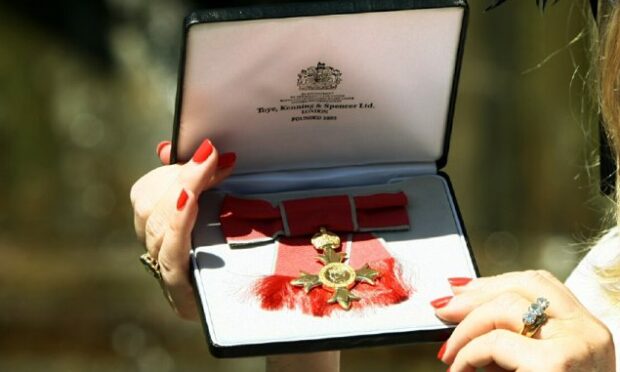
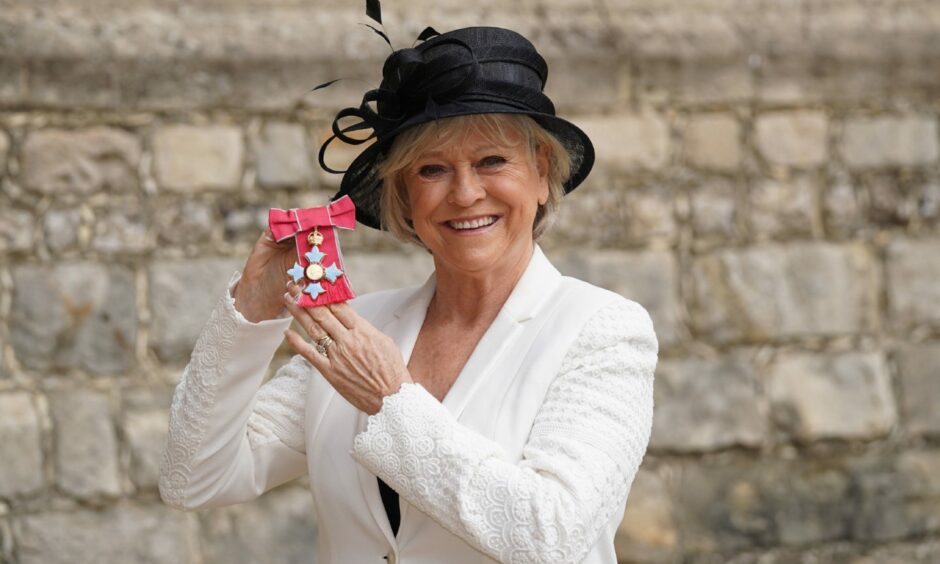
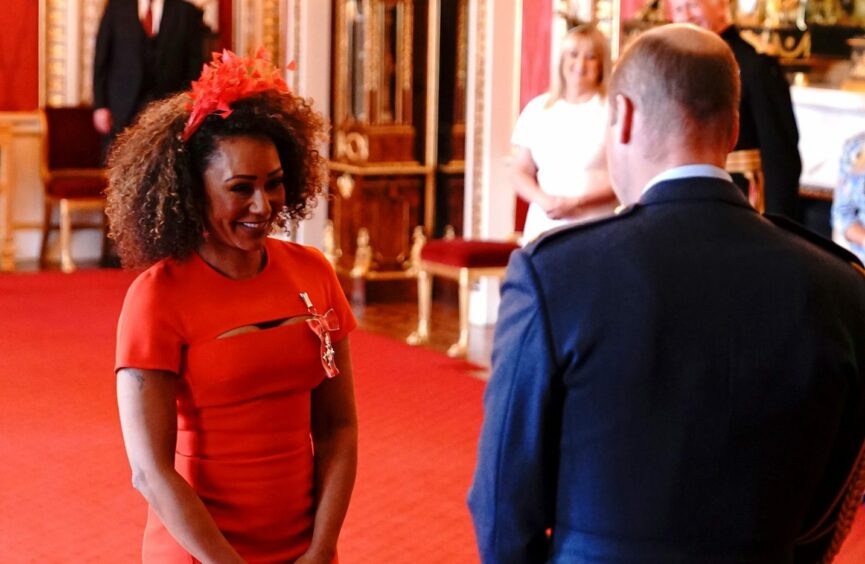
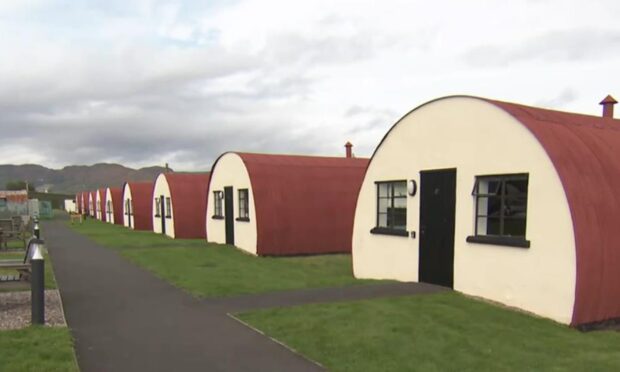


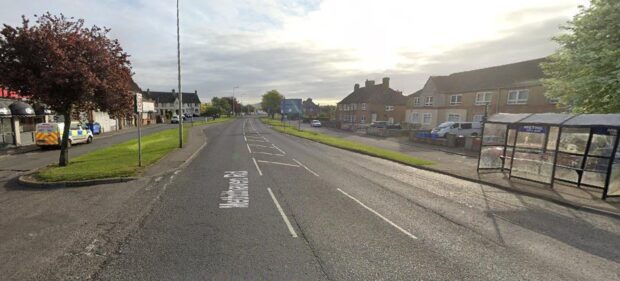
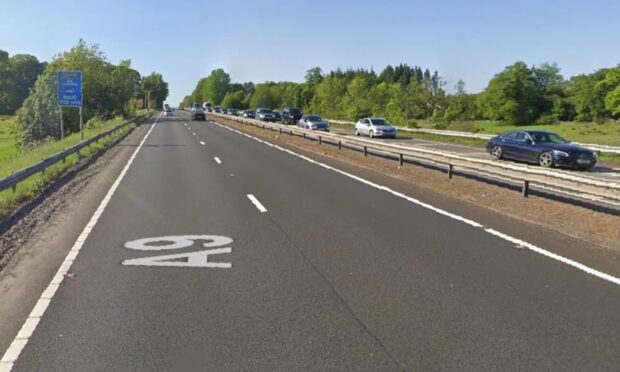

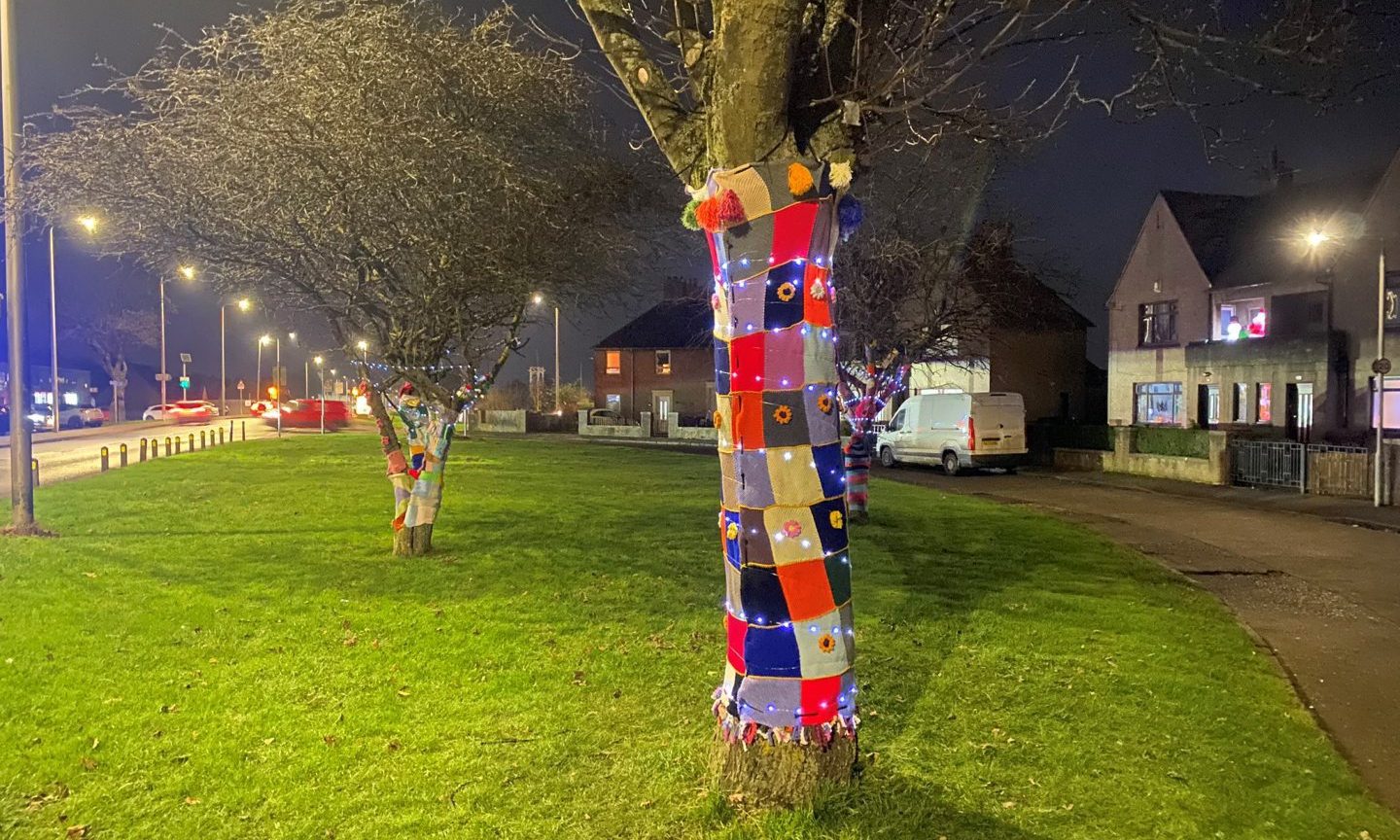

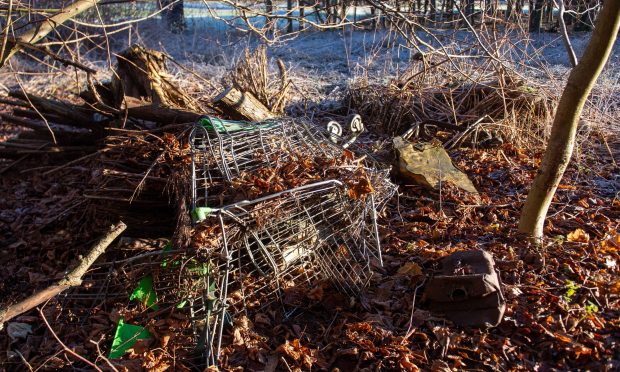
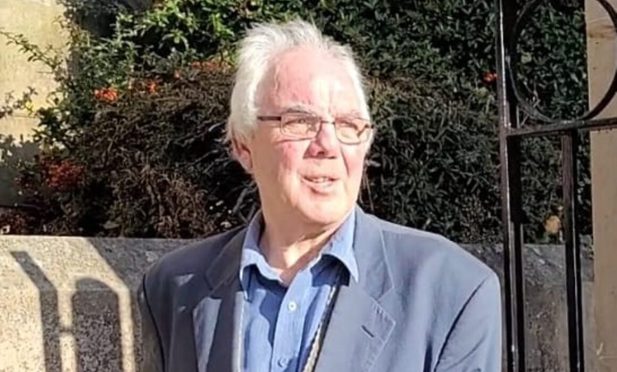
Conversation